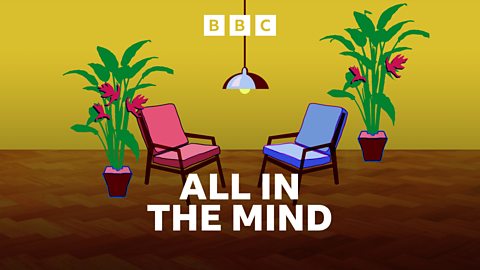Psychiatry
- Attribution
- Posted12 June 2019
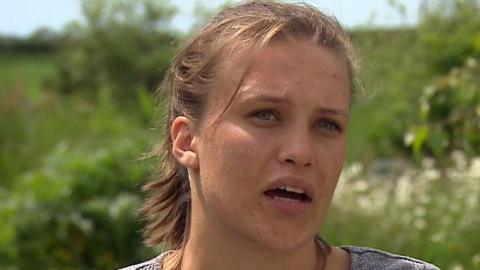
Witness History. The first anti-psychotic drug. Audio, 9 minutes
How a 1950s drug helped revolutionise the treatment of mental illness
- AttributionBBC World Service
- Available for over a year
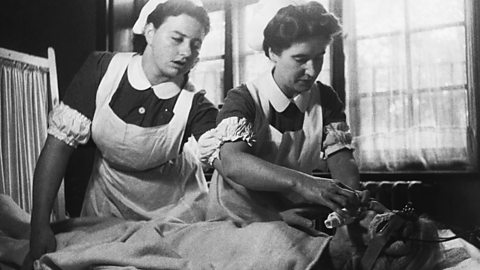
People Fixing The World. Can sleep deprivation help treat bipolar disorder? Audio, 23 minutes
An Italian doctor asks patients to stay awake all night, to try to allay their depression
- AttributionBBC World Service
- Available for over a year
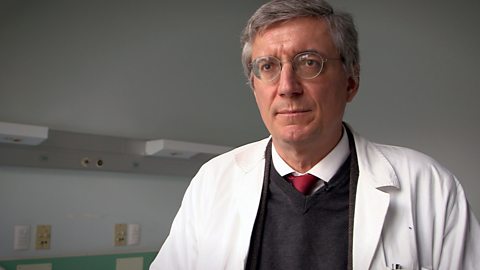
Post-war Iraq: Coping with the country’s mental health crisis. Newsnight. Video, 00:07:49
Post-war Iraq: Coping with the country’s mental health crisis
- AttributionBBC Two
- Posted10 May 2019
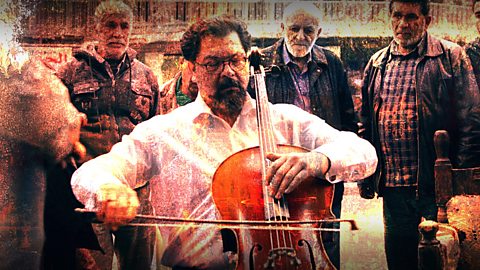
One to One. Life in prison: Alan Rusbridger talks to Dr Sohom Das. Audio, 14 minutes
Dr Sohom Das talks to Alan Rusbridger about treating prisoners who are mentally unwell.
- AttributionBBC Radio 4
- Available for over a year
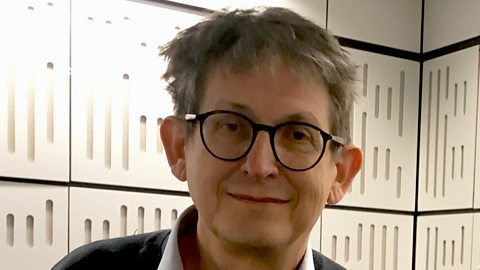
- Attribution
- Posted13 March 2019
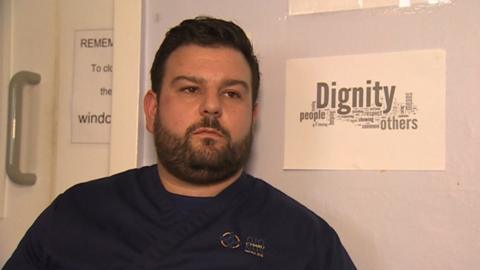
Health Check. Does Being Congenitally Blind Protect Against Schizophrenia? Audio, 27 minutes
A large study which found no-one with early cortical blindness developed schizophrenia
- AttributionBBC World Service
- Available for over a year
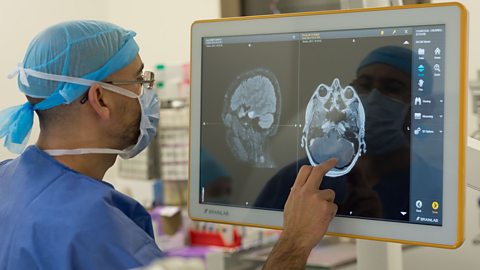
Replay. Arthur Ashe: In the Psychiatrist’s Chair. Audio, 44 minutes
Dr Anthony Clare interviews American tennis star Arthur Robert Ashe Jr.
- AttributionBBC Radio 5 Live
- Available for over a year
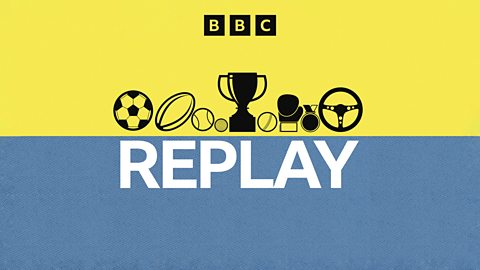
- Attribution
- Posted4 December 2018
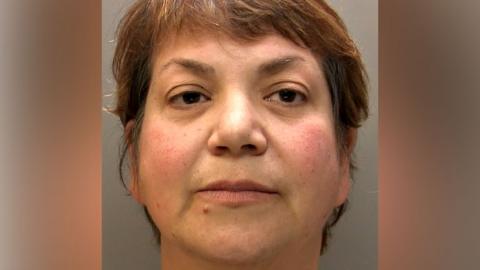
- Attribution
- Posted29 November 2018
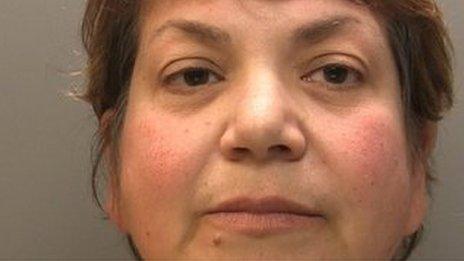
Health Check. A Tribal Study Shedding Light on Blood Pressure. Audio, 27 minutes
The remote South American tribe whose blood pressure doesn't appear to rise as they age
- AttributionBBC World Service
- Available for over a year

- Attribution
- Posted26 November 2018
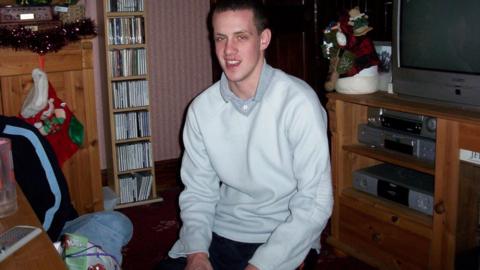
- Attribution
- Posted19 November 2018

CrowdScience. Is Hypnosis a Real Thing? Audio, 30 minutes
Can science explain what’s going on when someone is hypnotised?
- AttributionBBC World Service
- Available for over a year
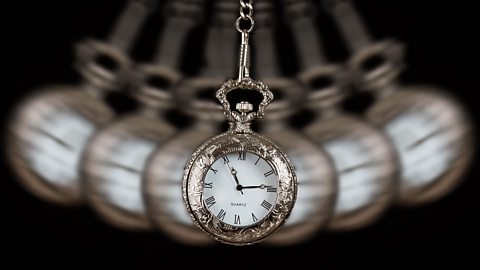
Assignment. Zanzibar: Spirits and Psychiatry. Audio, 27 minutes
The mentally-sick in Zanzibar turn to profiteering exorcists for treatment
- AttributionBBC World Service
- Available for over a year
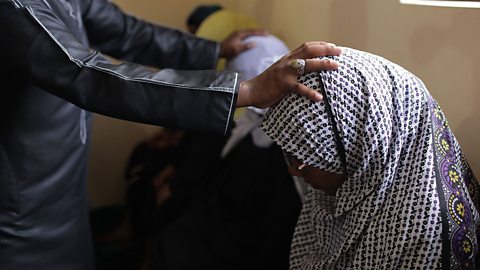
The Documentary Podcast. Zanzibar: Spirits and Psychiatry. Audio, 27 minutes
The mentally-sick in Zanzibar turn to profiteering exorcists for treatment
- AttributionBBC World Service
- Available for over a year
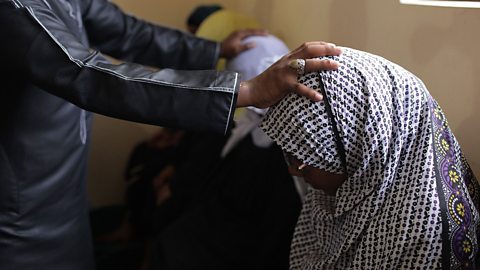
One to One. Isabel Hardman on nature and depression. Audio, 15 minutes
Can nature help our mental health? The Spectator's Isabel Hardman asks Dr Alan Kellas.
- AttributionBBC Radio 4
- Available for over a year
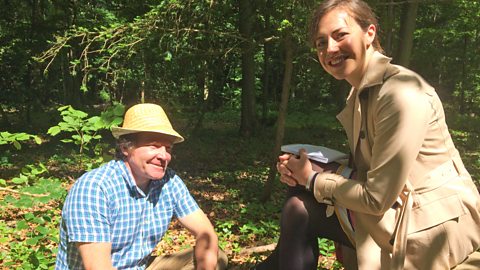
From the Couch to the Courtroom. Audio, 28 minutes
Helena Kennedy QC explores the relationship between law, psychotherapy and mind doctors.
- AttributionBBC Radio 4
- Available for over a year
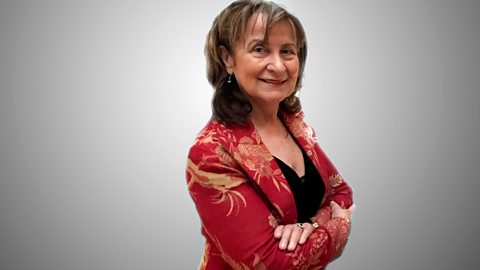
The Essay. Free Thinking 2017, The Magic Years. Audio, 15 minutes
Medical historian Matthew Smith explores 1970s US psychiatry: a time of hope and promise.
- AttributionBBC Radio 3
- Available for over a year

The Life Scientific. Simon Wessely on unexplained medical syndromes. Audio, 28 minutes
Simon Wessely on medically unexplained symptoms and syndromes.
- AttributionBBC Radio 4
- Available for over a year
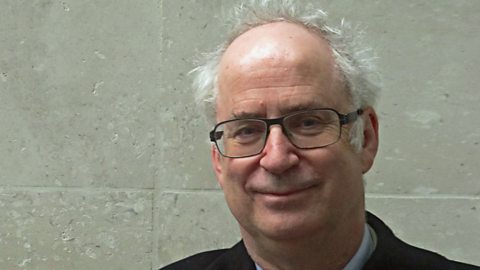
The Why Factor. Grief. Audio, 18 minutes
Why do we feel so many different emotions when someone close to us dies?
- AttributionBBC World Service
- Available for over a year

The Compass. The Borders of Sanity, Healing in Ghana. Audio, 23 minutes
What options do people in Ghana have when a person suffers mental illness?
- AttributionBBC World Service
- Available for over a year
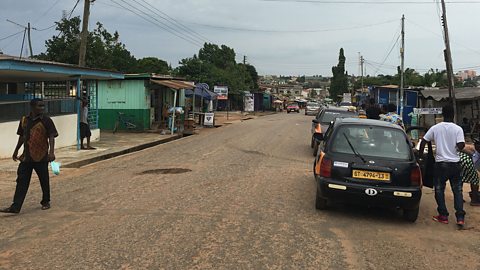
The Inflamed Mind. Audio, 28 minutes
Can your immune system make you psychotic or depressed?
- AttributionBBC Radio 4
- Available for over a year

All in the Mind. Psychiatrist shortage, GP helps with mental health, Why boredom could be a good thing. Audio, 28 minutes
Psychiatrist shortage, GP helps with mental health, and why boredom might be a good thing.
- AttributionBBC Radio 4
- Available for over a year
